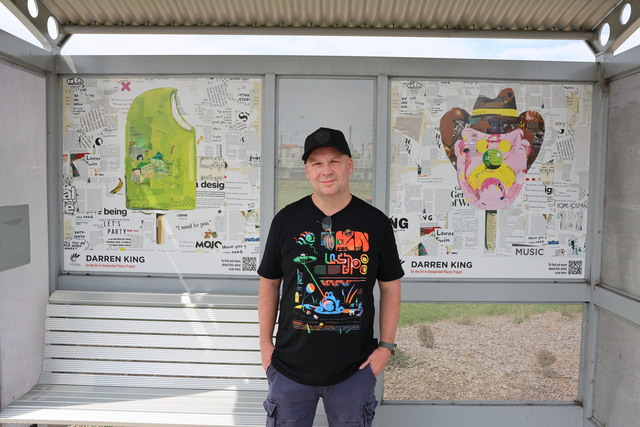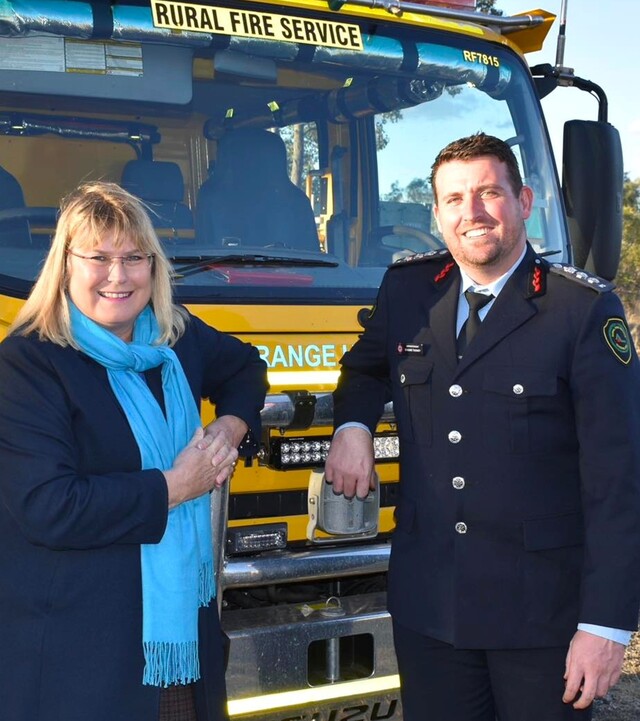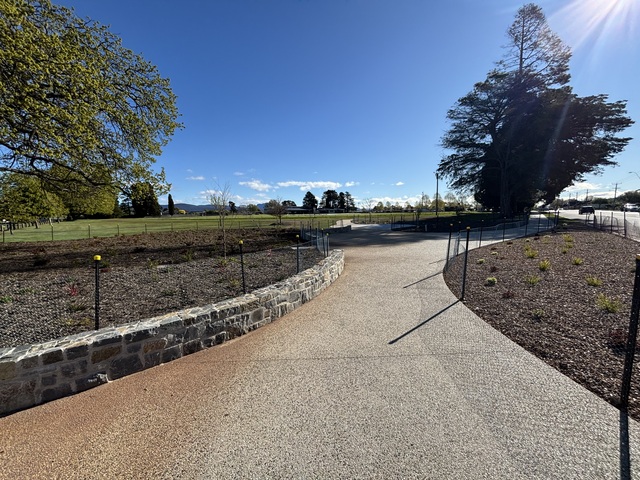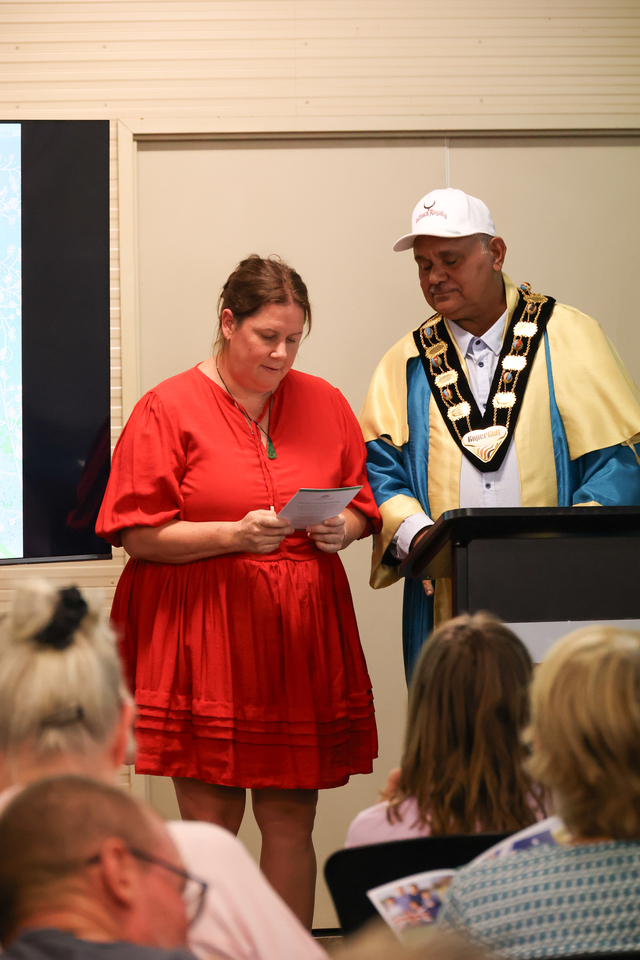This is the third in a series of articles by Ron Exiner* looking at approaches Local Government can take to cement its place as a vital sphere of government for communities as well as an equal partner in our Federation.
The future sustainability and viability of Local Government as a level of Australian government (as against a service delivery agency), depends on its capacity to make hard decisions when hard decisions are required. It needs to be confident enough in its own authority and legitimacy that it can both engage positively with its community and lead where necessary.
However it has often been difficult for Local Government to make decisions on some of the key issues it faces, such as planning, infrastructure maintenance and taxation levels, that is rates.
This is partly due to the very structure of Local Government itself – a fully democratic model with weak institutions and structures. In this article though, I intend to explore other reasons why Local Government’s sustainability is impacted by its decision making approach.
Local Governments make decisions about a wide range of issues that directly affect how we live. The issues Local Governments address often raise the passions of people who otherwise do not get involved in political processes.
When State Governments make decisions about public transport, these tend to raise the ire of those who have a specific interest, whether political, academic or environmental. The rest of us, who arguably have the most direct interest as actual or potential users, tend to grit our teeth and cop the overcrowding, lack of options, dodgy ticketing systems and general lack of service that are characteristic of our public transport systems – with the odd honourable exception.
However, the same people who seem to tolerate poor transport options are often those who find themselves at planning consultation meetings, council meetings, writing or emailing Councillors and writing letters to editors of local papers about multi unit development, parking, off leash areas for dogs and lack of child care places for their young children. They may even threaten or actually do run for council at the next elections.
Why is it that Local Government decisions can raise passions among our communities in ways that State or Federal decisions do not? This is in spite of these latter decisions maybe being more far reaching in their implications on us, such as our chances of getting prompt hospital treatment for non acute conditions, places at good State schools for our children or how much gets taken from our pay packets in tax each fortnight and what we get in return.
Local Governments make decisions about things that directly affect how we live day
to day.
They determine what buildings we may erect on our own properties or which may be erected next door, what colours we can paint our house, where we can park our cars, what we can put into our rubbish bins and where we can walk our dogs – among many other things. We strike these issues on a daily basis and the planning schemes, local laws and policies are usually placing restrictions on our freedom of choice – or at least that’s how many see it.
When it seems that a governing body is interfering in our lives and restricting personal choices, we often don’t like it.
Perhaps there is something about this relationship that can be usefully described in more psychodynamic terms.
Constituents feeling controlled and powerless may react angrily toward the body that is in control. They may respond by angry contact with local and statewide media, and yelling and screaming at Council meetings.
The Local Government, in return, may feel it has consulted and is acting fairly. Faced with this unreasonably angry ‘child’, it may respond angrily, or alternatively, it may seek to appease with more and more consultation hoping that the child will be convinced.
Why is this important for sustainability?
There has been a recent trend in Australian politics of a higher level of government threatening to or actually taking over the functions of a subsidiary level if there are efficiency or political gains to be made.
One need only look back at the Tasmanian Mercy hospital issue during the last Federal election campaign or indeed the current threat from the Rudd Government that the States have a certain amount of time to get their health houses into order or the Federal Government will take them over.
Local Government faces challenges from the States in key decision making areas such as strategic and statutory land use planning. Some decisions in these areas are being seen as too difficult for Local Government given the broader implications of the issues, the passionate opinions of stakeholders and the relatively fragile nature of Local Government political structures.
While there may be some merit in some of these views, sustainable Local Government as a full level of government must be seen as capable of being strategic and making difficult decisions that stick. Otherwise, it risks a return to a fairly low level of administrative functioning in the ‘roads, rates and rubbish’ areas.
Because of the nature of the issues and the passions they seem to inflame, Local Governments will always face the reality that whatever decisions they make on the difficult issues, there will be some who will disagree vehemently with the outcomes. Their unhappiness may result in ongoing dissent, appeals to higher authorities and dark threats around poor process and corruption.
Difficult decisions will always leave some people unhappy. But a sustainable level of government must be able to make difficult decisions that ‘stick’.
How can this be best achieved?
Local Government should focus on its own roles and responsibilities. It should be sensitive to the views of its communities but also accept its leadership role, and that anger has its place in the dynamic of the relationship between a Local Government and its community. The nature of that anger should be understood and responded to in a way that doesn’t either overplay or underplay its importance.
Decisions have the best chance of sticking when those who disagree with the decisions at least understand the reasons the decisions were made and have faith in the process by which it was made.
How this can be achieved warrants an article in itself. However at the very least it involves an understanding of and a commitment to community consultation.
By this I mean that both Local Governments and their stakeholders understand that consultation is an input, albeit an important input to the decision making process for which the council is accountable. It is not quasi participative decision making under which councils continue to ‘consult’ because they believe that they can persuade all stakeholders that the council’s desired way forward is best.
Similarly among stakeholders, it does not mean that because a council has made a decision the stakeholders don’t like, they have ipso facto not consulted adequately.
It also means that Local Governments believe that receiving input from community consultation will make their decisions better. Further, Local Governments recognise that those who offer their input are entitled to be informed how that input was considered by the decision makers and to understand the bases on which decisions were finally made by the decision makers.
Good process strengthens Local Governments’ authority and their capacity to make decisions consistent with their values and long term strategies. It enables them to respond in a mature fashion to anger in their communities, which is inevitable from time to time given the relationships and the issues. This in turn promotes the sustainability of the sector.
*Ron Exiner has held senior management positions in corporate, executive and financial services in various Victorian councils, spanning more than 20 years. As Director of Exintel Pty Ltd, a consultancy focusing on governance, strategic planning and policy development, he prepared the Good Governance Guide (2004) for the Good Governance Advisory Group (Victorian Government, Municipal Association of Victoria and Victorian Local Governance Association), and Excellence in Governance for Local Government (2005) for CPA Australia.







